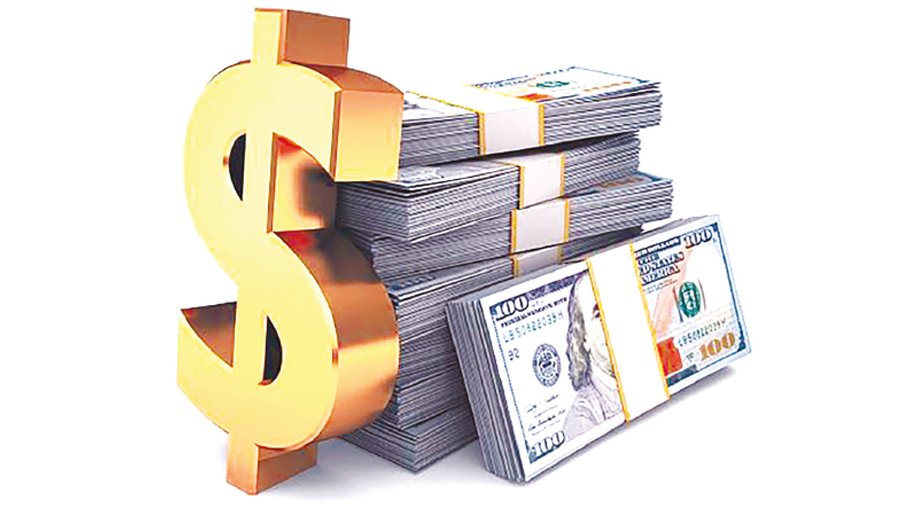Boosting reserves
Plans to purne import spending

Following the ongoing economic crisis, the government plans to reduce expenditure on import of goods and services in the next fiscal year aimed at boosting foreign exchange reserves.
In the recent economic coordination council meeting, the government has also planned to revise down the growth target for import spending in the fiscal year 2024-25 from 19.80 percent to 10 percent.
According to Finance Division, inflation is largely driven by import-dependent goods. By reducing spending on imports, the government aims to play an important role in controlling inflation and easing pressure on foreign exchange reserves.
With these objectives in mind, Finance Division has finalised a plan to cut foreign exchange expenditure which will be announced in the proposed budget for the fiscal year 2024-25.
In the meeting, Finance Secretary Md. Khairuzzaman Majumder said that reserves will increase in the future due to several other reasons, including an increase in foreign loans. He further said that import growth decreased by 15.36 percent year-on-year in the first eight months (July-February) of the current fiscal year compared to the same period last fiscal year.
According to the central bank, total reserves currently stood at $23 billion, but as per the IMF calculation system Balance of Payments and International Investment Position (BPM6), the reserve was $18.32 billion.
However, economists and entrepreneurs think that tightening of import spending might have reduced industrial production and GDP growth.
Economist Dr. Mustafa K. Mujeri said that due to various restrictions on import expenditure, reserves have not increased much in the last one year. It hovers between $20 billion and $25 billion.
He also warned that curbing high import expenditure could hinder the economic growth.
Due to the imposition of various restrictions on import expenditure in the current financial year, production of the country has decreased.
According to the data published by Bangladesh Bureau of Statistics (BBS), the growth of industrial production in the current financial year has fallen to 6.66 percent from 8.37 percent last year. In the previous two financial years, the growth rate in industrial production was 9.86 percent and 10.29 percent respectively, the data showed.
According to the data of Bangladesh Bank, goods worth $4,921 crore were imported in the nine months from July to March of the current financial year, which was $5,827 crore in the same period of the previous financial year.
Bangladesh Garment Manufacturers and Exporters Association (BGMEA) director Md. Mohiuddin Rubel told Bangladesh Post, “We largely depend on imports. If import expenditure growth is reduced in the forthcoming budget, import-based export companies of our country may face production disruptions. I hope the authorities concerned will take steps based on the overall calculation of export growth too.”



